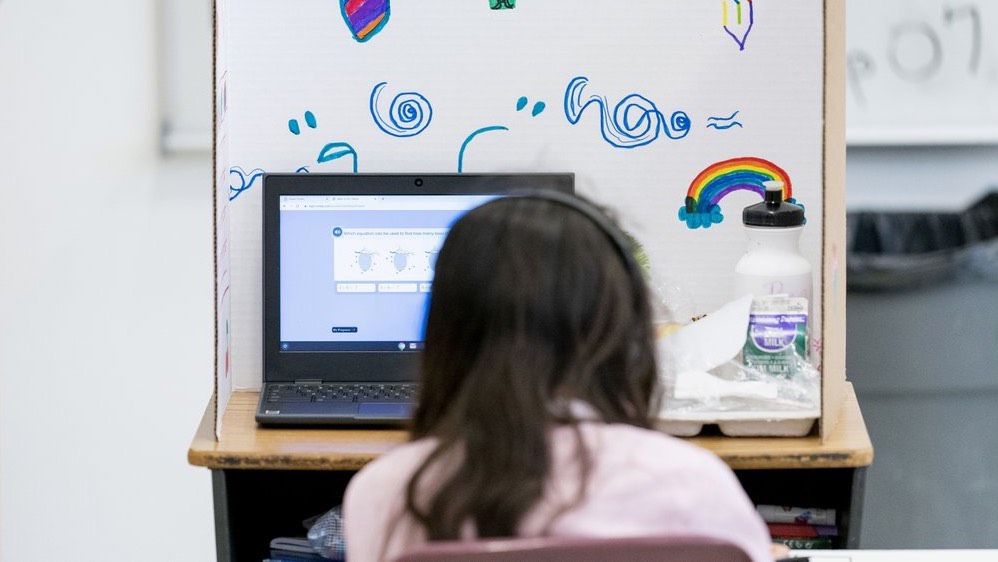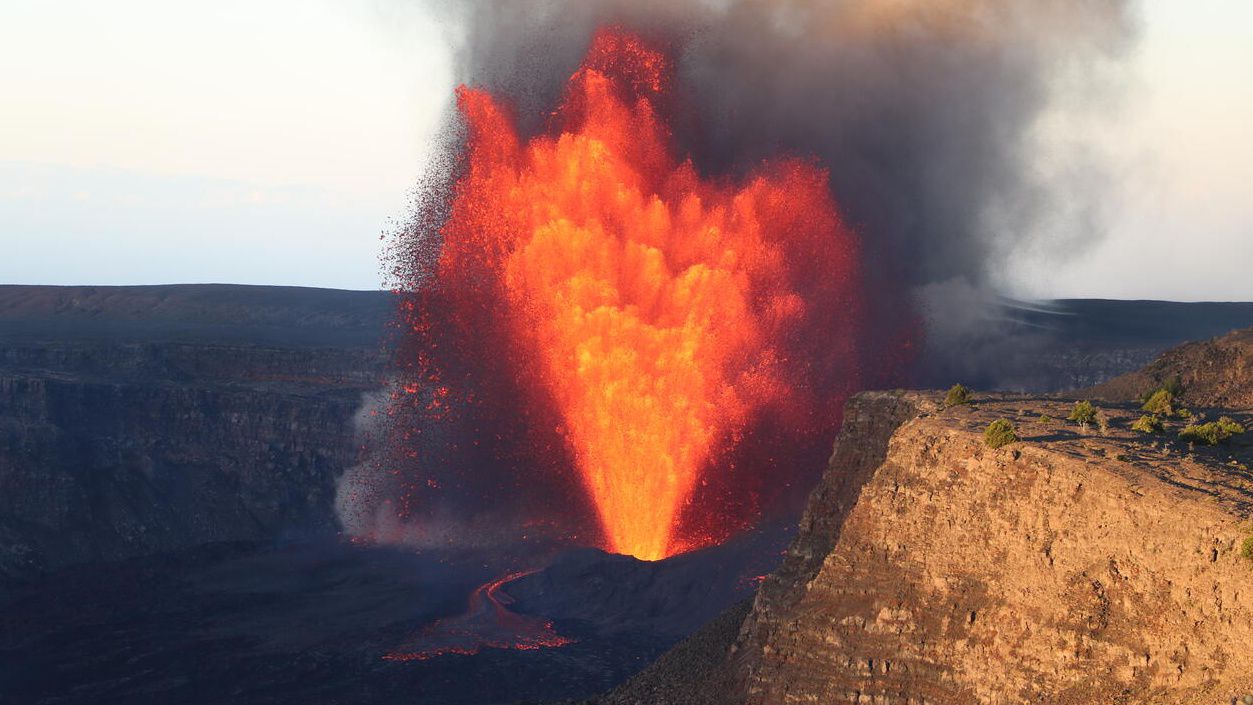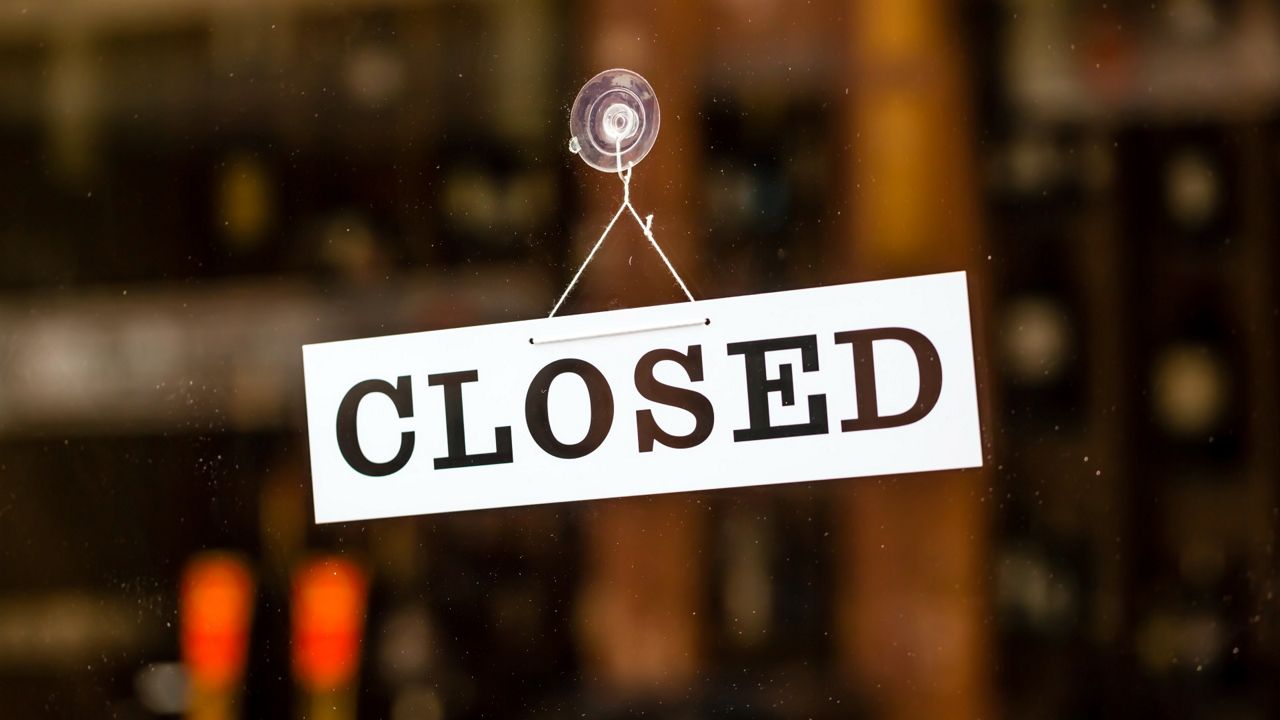Michael Ida, a computer science teacher at Kalani High School, has an informed understanding of the role technology will play in the future of every student he passes in the halls.
Yet, Ida routinely sees students opt for other courses to meet graduation requirements. He is also aware that other schools lack teachers qualified to teach computer science courses.
“Both situations are untenable,” Ida said in testimony supporting the passage of Senate Bill 2142 (Senate Draft 1), which would ensure deeper integration of computer science education in high school and college curricula.
The measure allows for greater recognition of computer sciences as the present and future of education in Hawaii on several fronts. If passed into law, it would enable public and charter school students to earn up to two credits of world language, fine arts or career and technical education graduation requirements by taking computer science courses; establish a University of Hawaii scholarship for education majors to take computer science sources; require UH to establish computer science pathways for students majoring in education; and mandate teacher licensing and certification to include computer science.
The proposed scholarship program would provide one-time $1,000 scholarships to students majoring in education who take a computer science course as a means of increasing computer science knowledge and understanding among public and public charter schools. The scholarship program would prioritize students from underrepresented groups and those who agree to teach computer science in schools with a higher percentage of students from underrepresented groups, rural schools or under-resourced schools.
The provision to develop and implement pathways in computer science for students who major in education is intended for students intending to teach computer science at the elementary or secondary levels and would add a certification indicating the student’s completion of the pathway.
“Although it goes without saying that technology will play a crucial role in our future, the availability of a skilled workforce to support, create and innovate these new technologies is far from assured,” Ida stated in his testimony. “Education is both the solution and the problem. While a strong computer science education pipeline from pre-kindergarten through graduate school would ensure a generous supply of home-grown talent, the infrastructure and incentives needed to construct that pipeline are not in place to do so.
“SB 2142 would address both sides of the pipeline — the supply and the demand side — by acknowledging the universality of computer science and computational thinking across the curriculum on one hand and providing formal pathways for teachers to become highly qualified computer science educators on the other.”
The measure got the nod, with amendments, from the Education and Higher Education committees and passed second reading last week.
In recommending the measure for passage on second reading, the Education and Higher Education Committees jointly stated that “the time has come to welcome computer science into the ranks of world language, fine arts and career and technical education as a graduation requirement for Hawaii’s public school students. Today, computer science knowledge and skills are a critical component of education and career success.”
David Miyashiro, founding executive director of HawaiiKidsCAN, a local nonprofit education advocacy organization, testified that while 87% of Hawaii high school students attend a school in which computer science is taught, less than 4% of students are enrolled in a foundational computer science course. He said girls account for just 26% of computer science students while Native Hawaiian and Pacific Islander students are much less likely than white and Asian students to take such courses.
Miyashiro said SB 2142 “proposes a simple yet extremely powerful change” in how computer science credits could be recognized toward graduation.
While the bill received support from the State Public Charter School Commission, the Hawaii State Teachers Association, other organizations and numerous individual testifiers, others found problematic the provision to allow computer science courses to count for world language, fine arts or CTE requirements.
“Setting graduation requirements should be the role of the (state Board of Education) and we believe the Legislature should leave the responsibility of determining educational requirements to the Board as a foundation part of statewide educational policy,” wrote Bill Arakaki, chair of the BOE’s 2022 Legislative Ad Hoc Committee.
The state Department of Education testified that it supported the intent of the bill but recommended amendments to the substitution provision.
“The Department considers computer science as a separate area and not as an equivalent substitute for the world language, fine arts and career technical education programs of study,” the department stated in written testimony submitted to the Ways and Means committee. “The Department respectfully suggests the language in the bill be revised to add computer science to the list of programs of study through which a student could earn two credits to meet the high school diploma requirement.”
Several testifiers also proposed language similar to the DOE’s suggested amendment.
The bill also drew opposition from organizations representing the disciplines that the substitution provision would affect, including the American Council on the Teaching of Foreign Languages Joint National Committee for Languages/National Council for Languages and International Studies.









